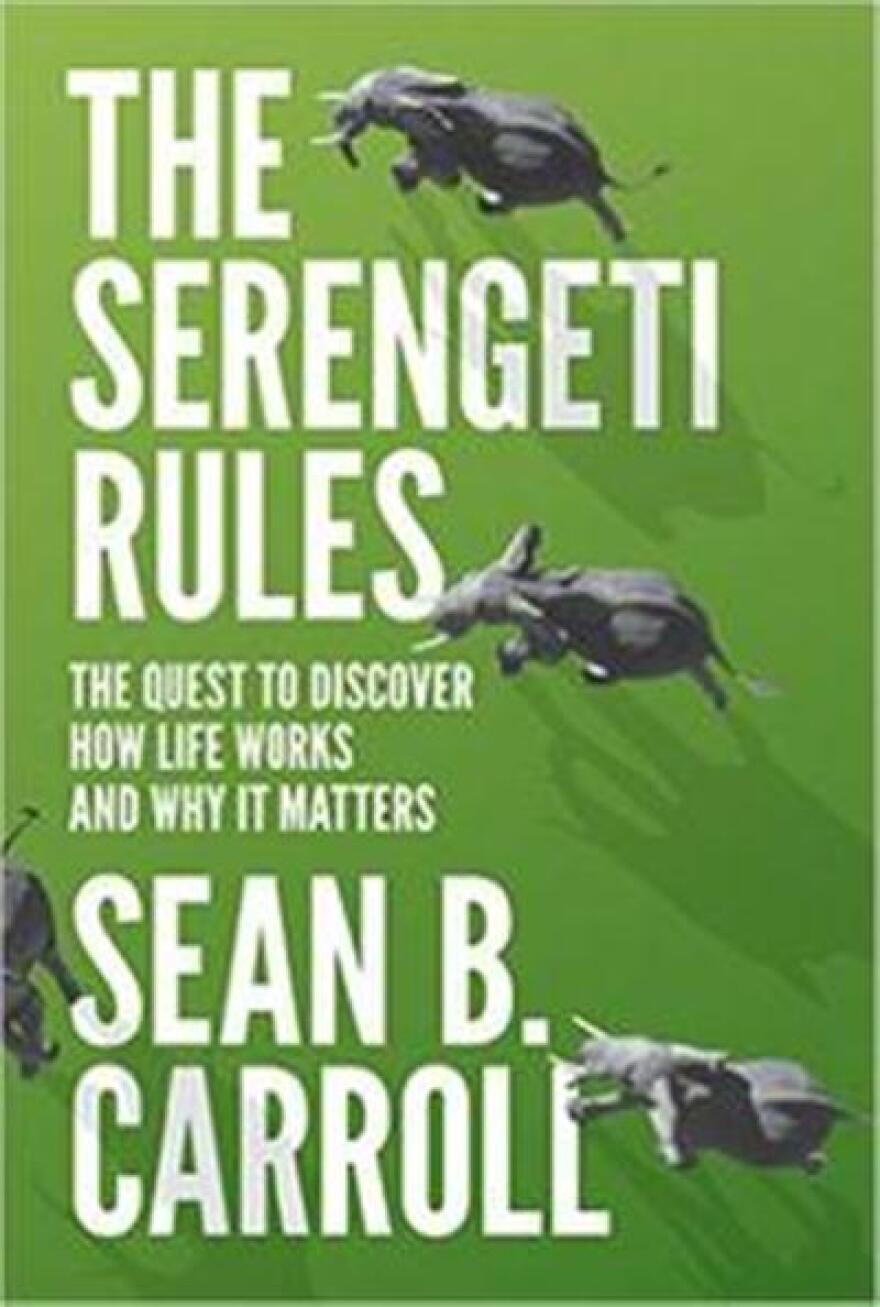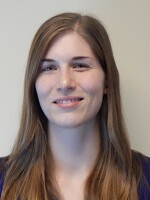Sean Carroll is the Alan Wilson Professor of Molecular Biology and Genetics at UW-Madison, and author of the new book, The Serengeti Rules: The Quest to Discover How Life Works and Why It Matters. His book uses true stories of scientific discovery to explain how scientists connected the dots and came to understand that all of life is interconnected.

"We're animals and we need animals and plants for food and for maintaining the places that we live, and if we don't do that - bad things happen," says Carroll.
Through observing the rules that determine factors such as the numbers and kinds of animals and plants living in any given place, Carroll says we can learn how to responsibly manage the places that supply us with what we need.
"We didn't understand a lot about how nature worked 50 years ago," he says. "It was pretty obvious you didn't want to just destroy it and pollute the heck out of it, but we really didn't understand the interactions that take place in various habitats."
Exploring everything from the molecular level to entire ecosystems, The Serengeti Rules uses living regulations as proof of how the tide can change.
"Those rules have been worked out by ecologists that understand the effect that one species have on another in sort of a chain reaction type way," says Carroll. "If you don't know those rules, you really don't understand the game and you're blind to the effects that you might be having."
Carroll notes that having the rules spelled out in a simple manner is needed if everyone is going to understand just how interconnected the human race is to the lands and living creatures that share our space.
"We can see in various parts of the world, the ability of the land and water to support us is being strained," he explains. "That's the situation just from routine human activity without the added complexity of climate change."
Especially with that added complexity of climate change, Carroll says we need to be mindful of the "taxing" human impact on nature. However, he says we can also look to nature as a living example of healing, noting the many cases of animal species being brought back from the brink of extinction.
"I don't say that to gloss over the challenges, but we do have to have some hope based on experience, and those experiences are out there," he says. "A lot of life is about trying. No matter what walk of life you're in...collectively we're striving to be a wiser society and to hand off the world in no worse shape than we inherited it, but that takes some action."
*Originally aired October 2016








